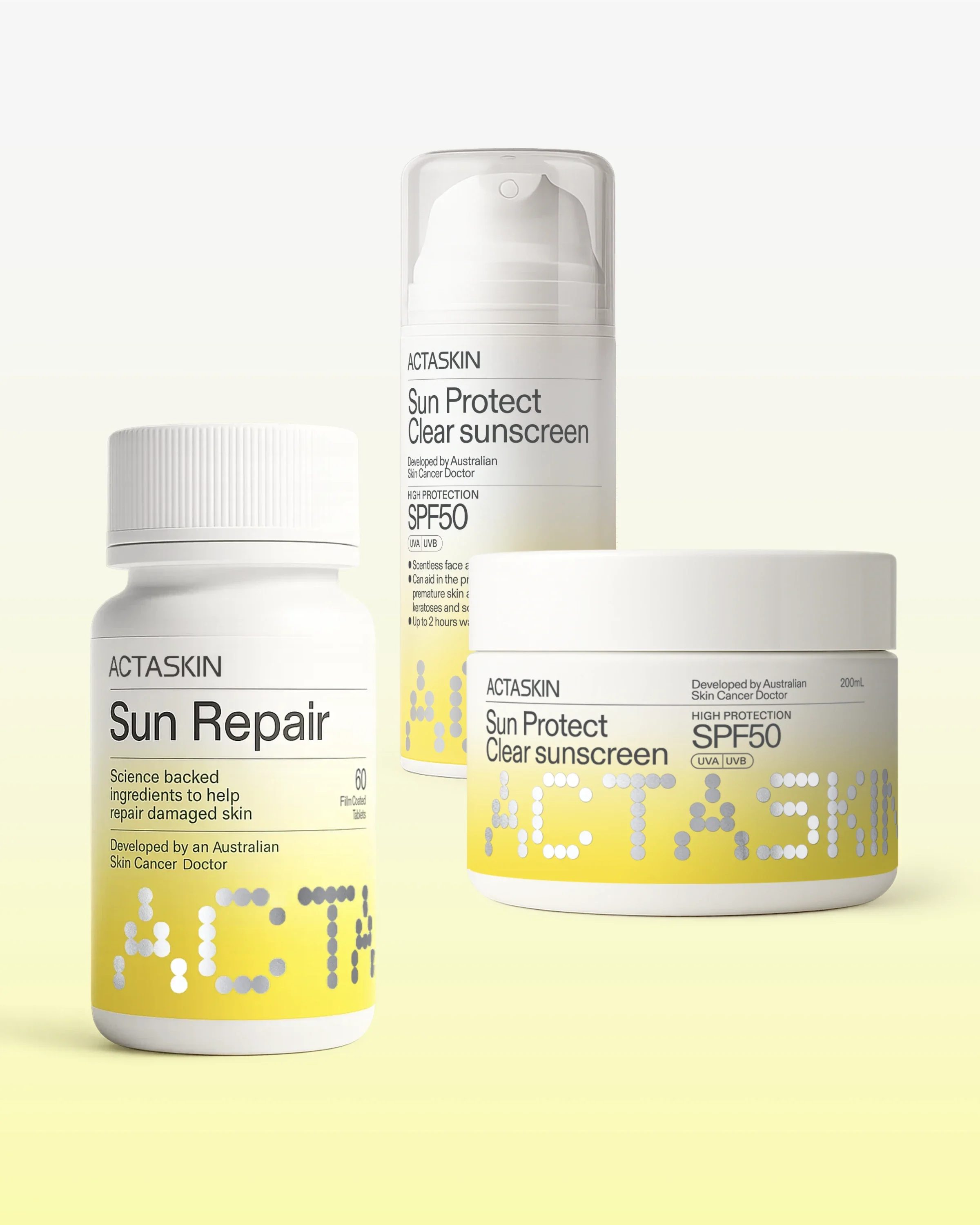“Reef-safe” sunscreen claims are largely misleading. It’s time to unpack the truth behind this marketing buzzword, it’s not what you think.
The term "reef-safe" has exploded in popularity, especially in the wake of bans on sunscreens containing the ingredients oxybenzone and octinoxate. These bans were driven by research suggesting that these chemicals harm coral reefs. However, this claim is rooted in misinterpretation of a single study, and it doesn’t stand up to scrutiny when examined in real-world contexts. Let’s get into the facts:
The Origin of the Reef-Safe Trend
The "reef-safe" movement gained traction when Hawaii passed a law banning sunscreens containing oxybenzone and octinoxate, following fears that these chemicals were contributing to coral bleaching. But here’s the issue: the study that ignited this fear was based on lab models and not actual ocean environments. In these controlled lab settings, chemicals were used in concentrations far higher than what could realistically be achieved in natural water bodies.
This study did not reflect real-world ocean conditions. Subsequently, coral bleaching was observed in isolated samples, but only at chemical concentrations far higher than those found in natural marine environments.
The Real Science Behind Sunscreen and Corals
Here’s what science now tells us:
-
The Dose Makes the Poison
The fundamental principle in toxicology is clear: everything is harmful in excess—even water. The lab studies that suggested harm to coral were based on artificially high concentrations of sunscreen chemicals. In the real world, sunscreen concentrations in the ocean are too low to pose any meaningful threat to coral reefs.
-
Real-World Research Has Dispelled the Myth
Recent studies measuring the concentration of sunscreen chemicals in the ocean have consistently found that the levels are simply too low to affect coral health. Meanwhile, research on the actual drivers of coral bleaching paints a different picture. The primary causes are climate change, poor water quality, and agricultural runoff—issues that have a much more significant and immediate impact on coral reefs than sunscreen ever will.
-
Why the Misleading Marketing Matters
The rise of “reef-safe” sunscreens is part of a broader trend of greenwashing—a term used to describe marketing strategies that mislead consumers into thinking a product is more environmentally friendly than it actually is. When a brand slaps a "reef-safe" label on a sunscreen, it doesn’t mean they’re making a tangible difference to coral health. In fact, they’re often distracting from the real environmental challenges, like climate change and poor agricultural practices, that need urgent attention.



What’s Really Harming Coral Reefs?
If we want to protect coral reefs, we need to focus on the actual threats, and sunscreen isn’t one of them. Here’s what we should be prioritising:
- Climate Change: Rising ocean temperatures are the leading cause of coral bleaching. As the planet warms, corals are under increased stress, making them more vulnerable to disease and bleaching.
- Water Quality: Poorly managed wastewater, fertilizer runoff, and untreated sewage are polluting our oceans, elevating nitrogen levels, and leading to phosphorus starvation in coral reefs. This lowers their temperature tolerance, making them more susceptible to bleaching events.
- Overfishing and Disease: Coral reefs are also threatened by invasive species, diseases, and the destruction caused by overfishing.
The Reef Safe Label Is Not Regulated
Sunscreens are not killing coral. The concentrations of sunscreen chemicals in the ocean are too low to have any significant impact. The real threats to coral reefs are climate change, poor water quality, and unsustainable agricultural practices.
More importantly, the term 'reef safe' is not regulated by any scientific or governmental body. In reality, given the evidence, all sunscreens could be considered 'reef safe' because no sunscreen ingredient has been definitively proven to cause coral damage under real-world conditions. When a brand labels their product as 'reef safe,' it often means one of two things: either they have not properly engaged with the research, or worse, they have and are choosing to mislead their customers anyway.
So, the next time you see a sunscreen marketed as "reef-safe," remember sunscreen isn't the problem, but climate change and pollution are. Let’s direct our efforts toward addressing the actual threats and stop getting distracted by unregulated marketing gimmicks.



